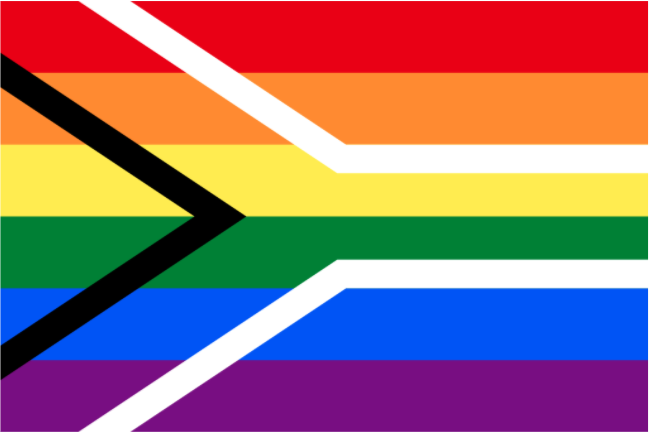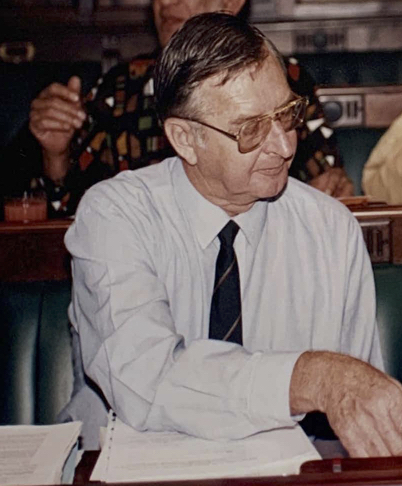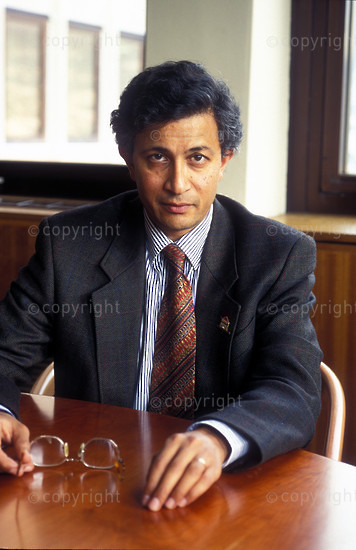March – November 1993 – Talks resumed at the MPNP and sexual orientation is debated
March – November 1993 – Talks resumed at the MPNP and sexual orientation is debated The only party to oppose the sexual orientation clause in the Interim Constitution was the ACDP. Kenneth Meshoe, its leader at the time explained that: “[Homosexuality] is a lifestyle that is unacceptable to the majority of South Africans, besides the […]
March – November 1993 – Talks resumed at the MPNP and sexual orientation is debated Read More »



